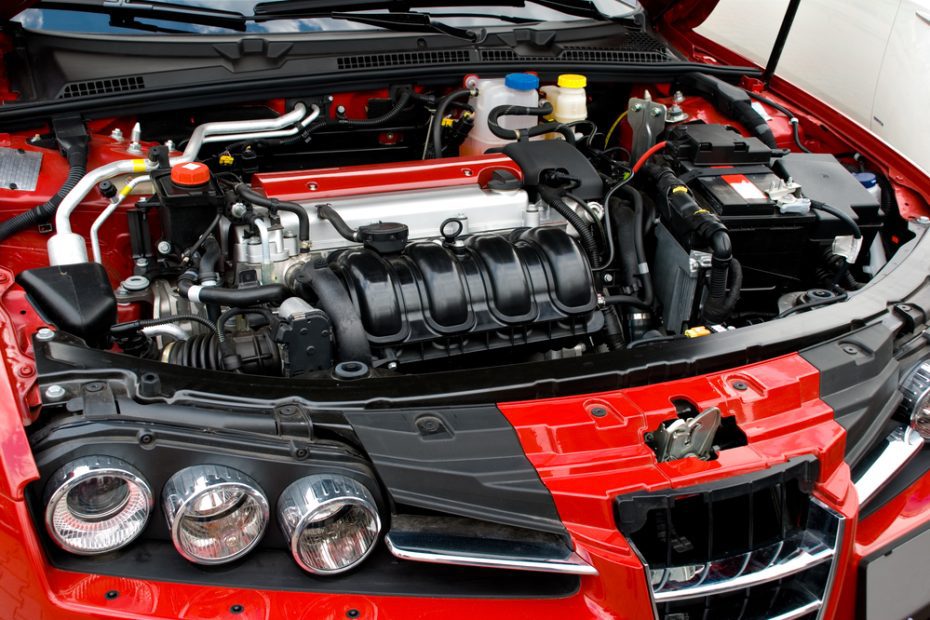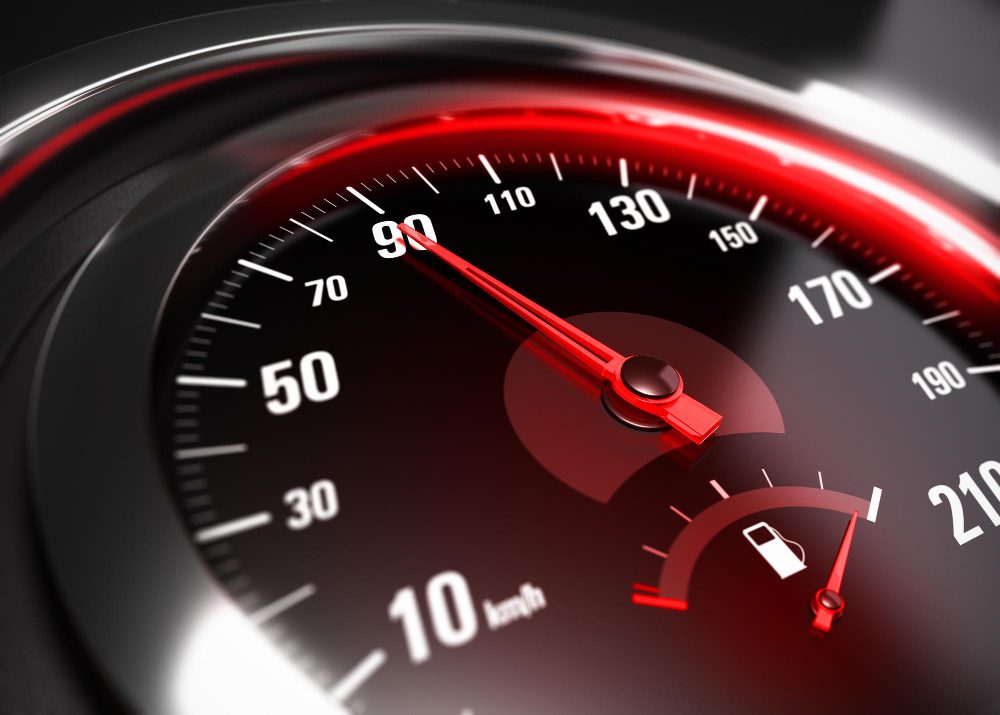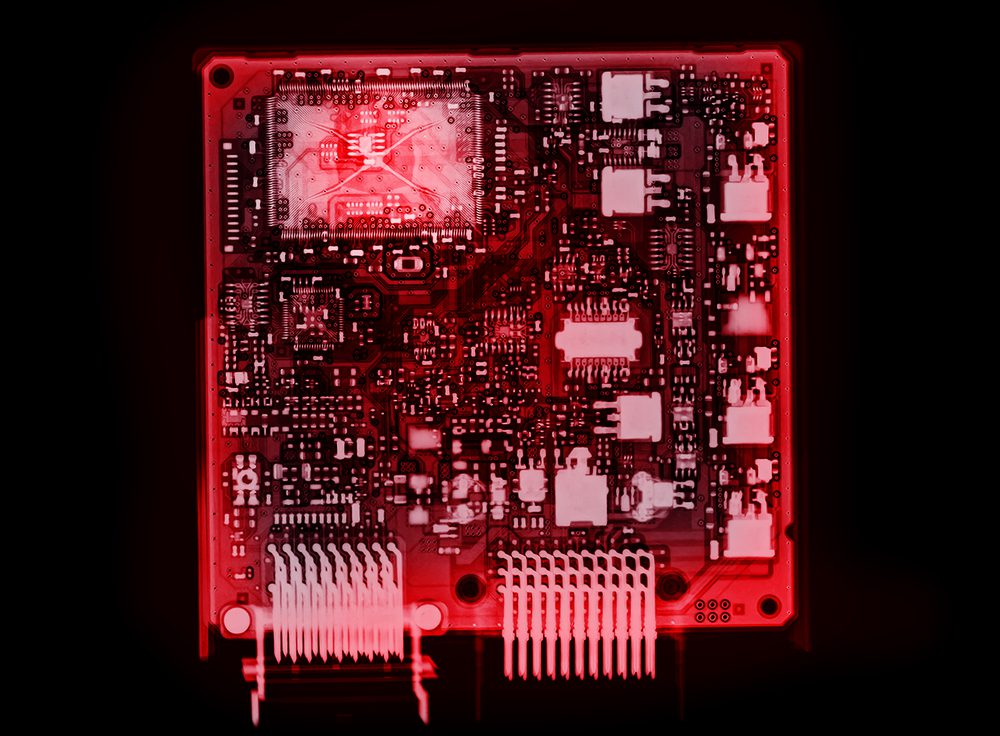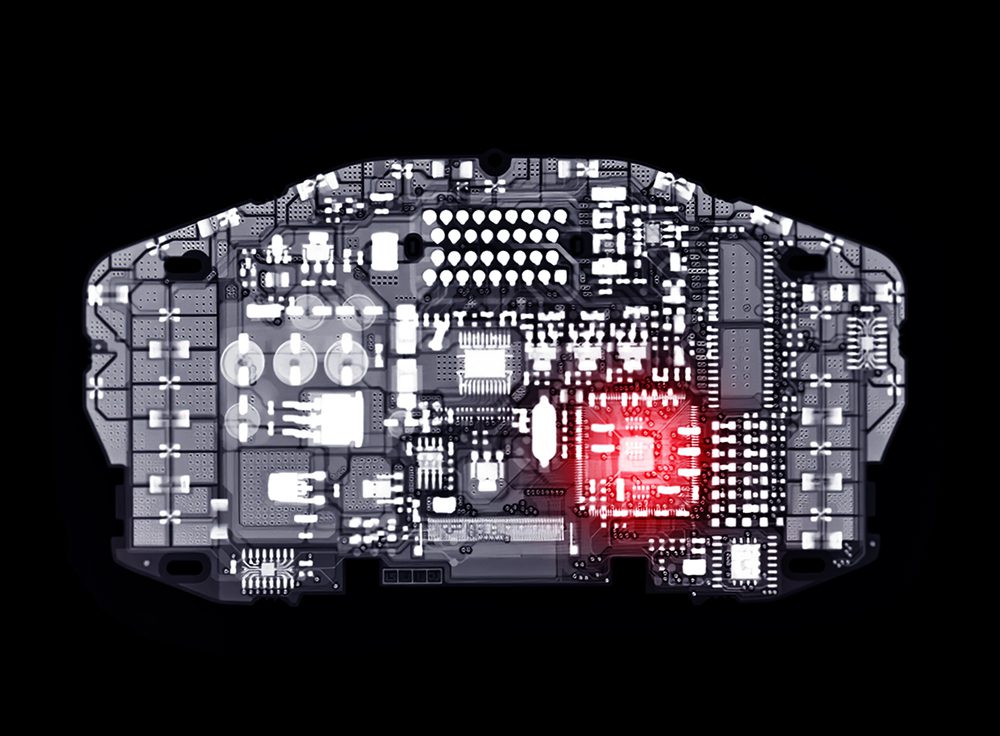Does the PCM control the alternator?
Introduction
For modern vehicles, the Powertrain Control Module (PCM) plays a crucial role in controlling various aspects of the vehicle’s operation. One question that often arises is whether the PCM also controls the alternator. In this article, we will explore the relationship between the PCM and the alternator in a vehicle’s electrical system.
The Function of the Alternator
Before delving into the role of the PCM, it is important to understand the function of the alternator. The alternator is a crucial component of a vehicle’s charging system, responsible for generating electric power to keep the battery charged and supply electricity to various electrical systems while the engine is running.
The alternator achieves this by converting the mechanical energy generated by the engine into electrical energy. It is driven by a belt connected to the engine’s crankshaft, allowing it to rotate and produce alternating current (AC). The AC is then converted into direct current (DC) by internal diodes within the alternator, which can be used to charge the battery and power the vehicle’s electrical systems.
The Role of the PCM
The PCM, also known as the Engine Control Module (ECM), is responsible for monitoring and controlling various components of the vehicle’s powertrain system, including the engine, transmission, and emissions. However, when it comes to the alternator, the PCM typically does not directly control its operation.
The alternator is primarily regulated by the voltage regulator, which is a separate component within the alternator or sometimes integrated into the PCM itself. The voltage regulator ensures that the alternator produces the appropriate voltage level to charge the battery and supply power to the electrical systems.
Alternator Field Duty Cycle
While the PCM may not directly control the alternator, it can indirectly influence its operation through the control of the alternator’s field duty cycle. The field duty cycle refers to the amount of time the alternator’s rotor windings are energized by current. By controlling the field duty cycle, the PCM can regulate the amount of power generated by the alternator.
In certain situations, such as high electrical demands or during acceleration, the PCM may increase the field duty cycle to maximize the alternator’s power output. Conversely, during periods of low electrical load, the PCM may decrease the field duty cycle to reduce drag on the engine and improve fuel efficiency.
The Importance of a Properly Functioning Alternator
A properly functioning alternator is crucial for maintaining a healthy electrical system in a vehicle. If the alternator fails, the battery will not be able to recharge, resulting in decreased electrical power and eventual battery depletion. This can lead to various issues, such as dimmed headlights, malfunctioning electronic components, or even the inability to start the vehicle.
Remember:
“A well-maintained alternator is essential for the overall performance and reliability of a vehicle’s electrical system.”
To ensure the alternator operates optimally, regular maintenance and inspections are recommended. This includes checking the belt that drives the alternator for wear and proper tension, as well as monitoring the battery’s voltage and charging system during routine services.
Can a bad PCM damage alternator?
The Powertrain Control Module (PCM) is an essential part of a vehicle’s electrical system, responsible for controlling various engine functions. While it primarily focuses on engine management, it also has some control over the alternator.
A bad PCM can potentially damage the alternator. The PCM sends signals to the alternator to regulate its output voltage, ensuring that the battery is charged properly. If the PCM malfunctions and sends incorrect signals, it can cause the alternator to overcharge or undercharge the battery.
This can lead to various issues:
- The alternator may not supply enough power to the battery, causing it to drain quickly. This can result in frequent battery replacements and starting issues.
- The alternator may provide excessive voltage, which can damage sensitive electrical components in the vehicle, such as the battery, starter motor, and other electronics.
- Overcharging can also lead to the production of excess heat, which can further damage the alternator and surrounding components.
How to diagnose a bad PCM?
If you suspect that your vehicle’s PCM is faulty, there are a few signs to look out for:
- Check engine light: A malfunctioning PCM often triggers the check engine light to illuminate.
- Stalling or rough idling: A bad PCM may cause the engine to stall or idle roughly. It can also result in poor acceleration and overall performance.
- Electrical issues: If you notice problems with the electrical system, such as flickering lights or intermittent power loss, it could be a sign of a failing PCM.
If you experience any of these symptoms, it’s important to consult a qualified mechanic or technician who can perform a diagnostic test to confirm if the PCM is indeed the culprit.
It is crucial to address a bad PCM promptly to prevent further damage to the alternator and other electrical components.
If a faulty PCM is identified, it should be replaced or repaired by a professional. Attempting to fix it yourself can lead to more problems and potentially cause damage to other parts of the vehicle.
Remember, a healthy PCM is vital for proper functioning of the alternator and the overall electrical system of your vehicle. Regular maintenance and inspection can help identify any potential issues early on and ensure the longevity of your alternator.



